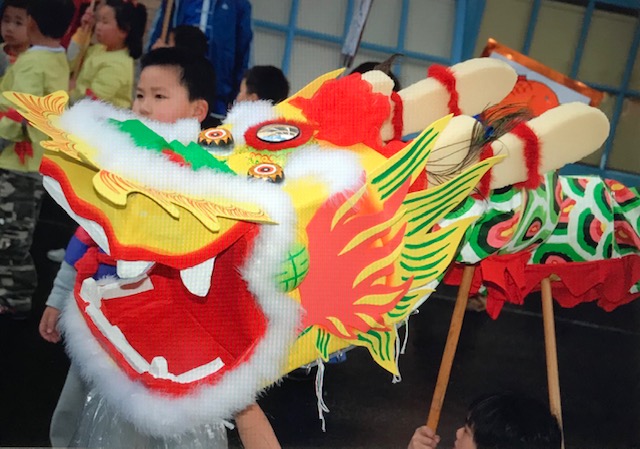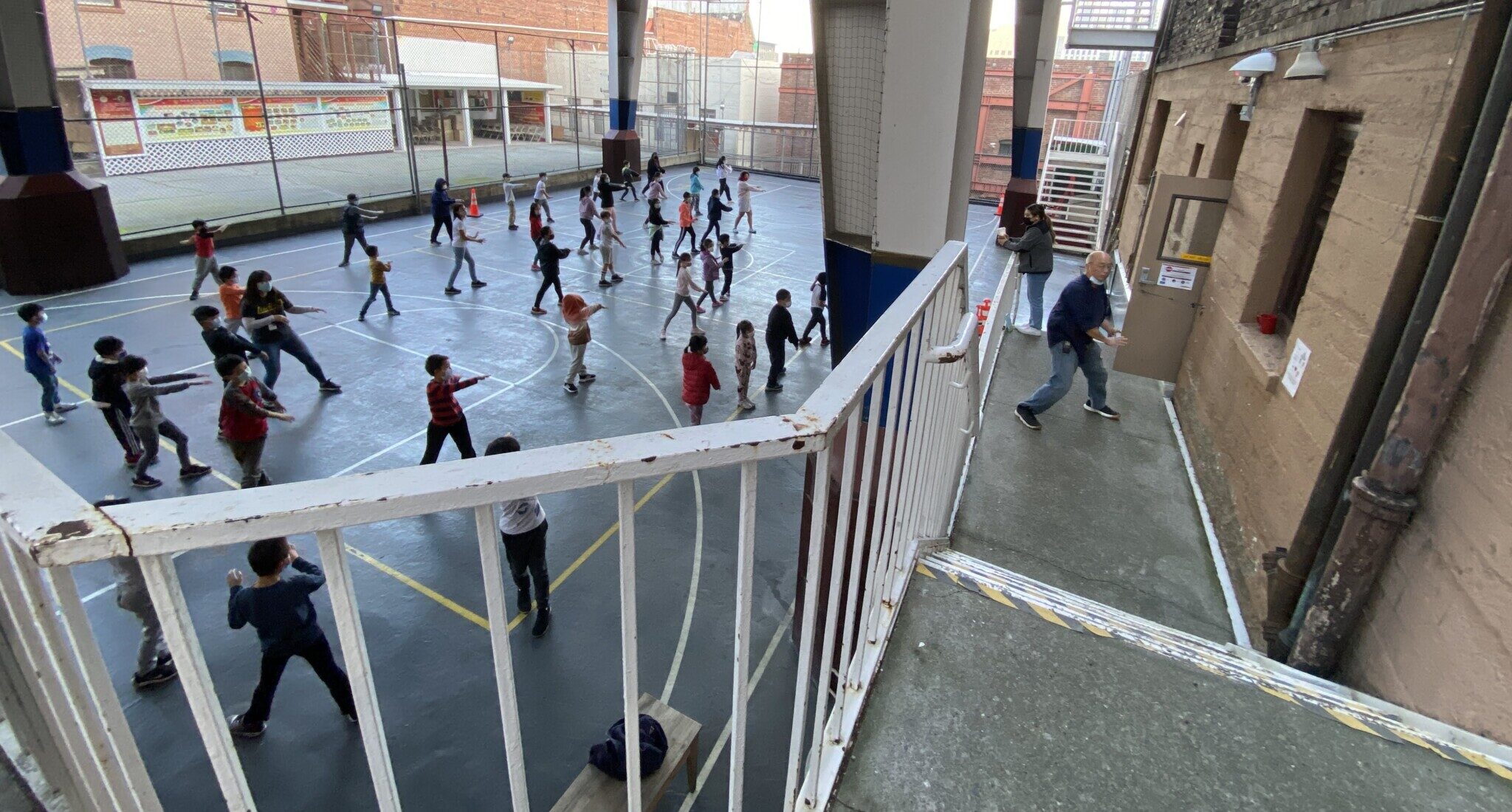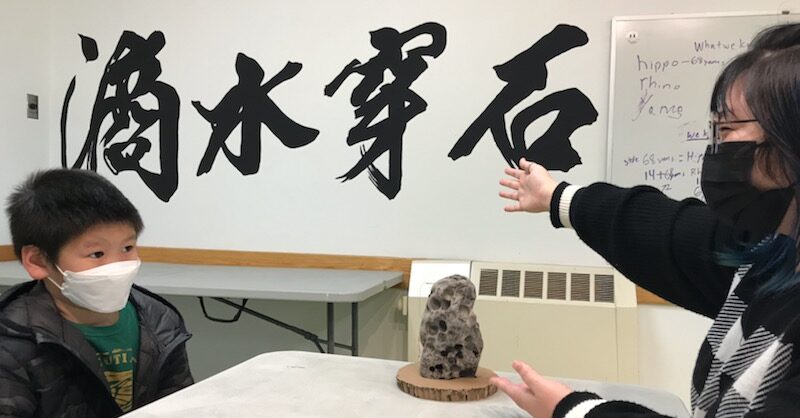As a registered Heritage School, Donaldina Cameron House integrates culturally appropriate elements into our youth curriculum and celebrates Chinese culture and traditions.
Our Bilingual Afterschool Program (BAP) staff and students begin with a lesson in martial arts and/or taijiquan to start off their program each afternoon. The vigorous movements of martial arts help the children spend some stored energy after sitting in class, while the slow, subtle movements of taiji calm minds and ease tensions. Once the practice is over, students get their snacks and proceed to their classrooms to do homework that reinforce academic and literacy skills.
Heritage programming is vast and there is a concerted effort to include arts and crafts, culinary arts, games, stories, and home language maintenance. Teaching the children about their heritage reinforces their confidence, security, and sense of identity in a nation with a diverse population. If these lessons aren’t taught at home or elsewhere with regularity, centuries of accumulated priceless cultural knowledge and practices can disappear in a single generation. Our goal is to ignite the curiosity of the children’s minds: who they are, where they come from, why we value certain traditions and customs.
BAP operates from 2:30 PM – 6:00 PM, Monday – Friday, with a 1:30 PM start time on Wednesdays to accommodate early dismissal. Months of operation coincide with the SFUSD academic calendar.
The Summer Adventures (BYP) program is where the Heritage curriculum shines, providing instruction in the Chinese dragon and lion dances, cooking, arts, and Chinese and Chinese-American history. We are proud to offer programming that allows students to explore science and humanities while immersing themselves in Chinese culture.
During the summer months, Summer Adventures offers academic and heritage programming from 8:30 AM – 3:30 PM, with additional supervised recreation and care from 3:30 PM – 5:30 PM. All programs are based at Cameron House in Chinatown.
- collapse all
Dragon Dance

Lion Dance
The Chinese lion dance is an exciting activity, which at its highest level, requires proficiency in martial arts, mime, acrobatics, and many other branches of Chinese culture.
The athletes/performers require knowledge of Chinese literature, calligraphy, customs, business practices, numerology, fengshui practices, classical Chinese weapons practice, and more. Learning the lion dance in its traditional form means learning countless Chinese stories from history, novels, and symbolism.
We don’t tell that to the kids as a selling point though–they learn the aforementioned without realizing it, while they have fun learning the art and building confidence
Martial Arts / Taiji

Progressing in these arts at every level requires mastering oneself; self-control, courtesy, perseverance, and confidence are the prerequisites and result of continued practice.
Strong, healthy bodies and minds are the real goals of preserving these ancient traditions. Witnessing rambunctious children’s still bodies and minds and marveling at their solid, steady stances are a sight for all educators and youth workers to behold.
Cultural Handicrafts and Culinary Explorations
Cultural Handicrafts
If the arts make our lives more pleasurable, then learning how to create art pieces or toys that entertain and bring enjoyment is something definitely worthy of preservation and practice. Producing crafts teaches manual dexterity, patience, creative thinking, problem solving, and cultural appreciation.
Cooking (Hou Meih Dou)
New to Heritage programming is a highly developed curriculum in Chinese culinary exploration. In this intergenerational activity, apprentices and elders learn the essentials to basic Chinese cooking. This includes developing knife skills, shopping for fresh ingredients, and avoiding so-called “foods” which are actually detrimental to our health. At the end of this program, the apprentices will be able to cook a variety of dishes for their parents. The apprentices are also able to explain the properties of how certain foods benefit the body, and how certain cooking techniques maximize the nutritional value of the ingredients.
Cameron House’s Heritage School is exempt from child care licensure. Attendance does not satisfy California’s compulsory education requirements pursuant to Section 48200. (Added by Stats. 2010, Ch. 286, Sec. 1. (SB 1116) Effective September 24, 2010.)
